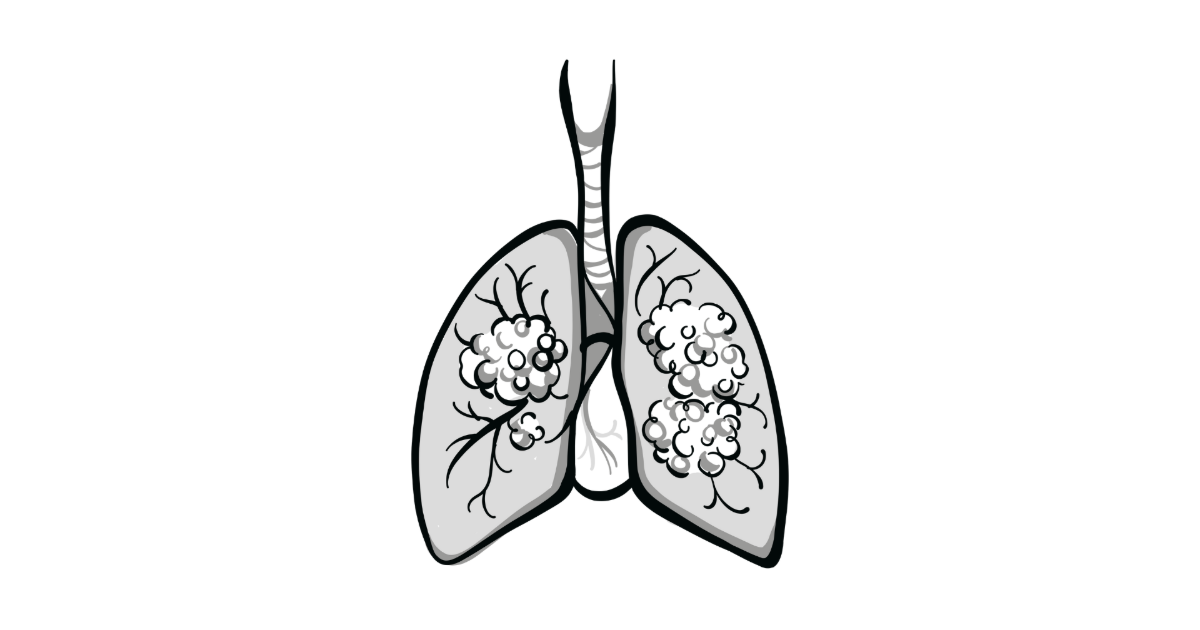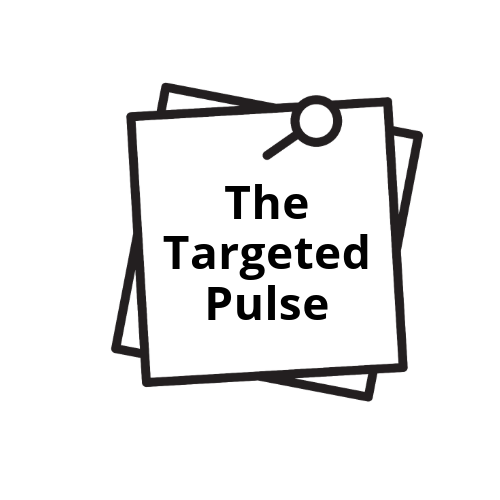Welcome to this week’s edition of The Targeted Pulse, your weekly wrap-up of the top developments in oncology. This week, we saw several breakthroughs in targeted therapies and FDA decisions, bringing renewed hope to patients and clinicians alike. From regulatory designations for promising new drugs to crucial clinical trials, here are the top stories that shaped the week.
FDA Grants Orphan Status to Novel JAK2 Inhibitor for Polycythemia Vera
The FDA has granted orphan drug designation to VGT-1849B, a new investigational drug for the treatment of polycythemia vera (PV). This rare blood cancer, caused by the JAK2 V617F mutation, results in an overproduction of blood cells. VGT-1849B is a novel peptide nucleic acid-based antisense oligonucleotide (ASO) that selectively targets and reduces the production of the JAK2 protein. Unlike current JAK inhibitors, this targeted approach is expected to have a better safety profile and fewer side effects. The orphan drug designation highlights the need for new treatment options for PV patients and provides incentives for the drug’s development.

Abemaciclib Significantly Improves Overall Survival in High-Risk Early Breast Cancer
Abemaciclib (Verzenio), in combination with endocrine therapy, has been shown to significantly improve overall survival in patients with high-risk, early breast cancer. This finding comes from a 7-year analysis of the phase 3 monarchE trial, which enrolled over 5600 patients. The 2-year treatment regimen with abemaciclib also provided long-term benefits in disease-free and distant relapse-free survival. The study’s results are considered “practice-changing,” establishing abemaciclib as a new standard of care for this patient population. The safety profile of the treatment remained consistent, with manageable adverse effects. The data validates the drug’s role in reducing the risk of recurrence.

TT125-802 Gains FDA Fast Track Designation in NSCLC
A new small-molecule bromodomain inhibitor, TT125-802, has been granted 2 fast track designations by the FDA for the treatment of advanced or metastatic non–small cell lung cancer (NSCLC). This dual designation applies to patients whose disease has progressed after treatment with either an EGFR or a KRAS G12C inhibitor. The fast track status is intended to expedite the drug’s development to address an urgent unmet medical need.
Initial data from an ongoing phase 1 clinical trial has shown promising results, with durable responses in drug-resistant NSCLC. Notably, the drug’s safety profile is considered favorable, as it does not cause thrombocytopenia, a common adverse effect of similar inhibitors. This allows for higher dosing to maximize the antitumor effect.

FDA Approves 3-Month Leuprolide Mesylate Formulation for Advanced Prostate Cancer
The FDA has approved a new 3-month, ready-to-use, long-acting injectable formulation of leuprolide mesylate (Camcevi ETM) for the treatment of advanced prostate cancer. This new quarterly injection, which comes in a prefilled syringe, aims to simplify administration and reduce handling errors.
The approval was based on a phase 3 clinical trial that demonstrated high efficacy, with 97.9% of patients achieving the primary end point of testosterone suppression to castrate levels. The trial also confirmed that the drug’s safety profile was consistent with other GnRH agonists, with common side effects being mild to moderate in intensity. This new formulation provides a convenient option for managing advanced prostate cancer through androgen deprivation therapy.

FDA Grants Breakthrough Designation for ctDNA Test in Colorectal Cancer
The Haystack MRD test, a circulating tumor DNA (ctDNA) assay developed by Quest Diagnostics, has received breakthrough device designation from the FDA. This designation recognizes the test’s potential to significantly improve the management of minimal residual disease (MRD) in patients with stage II colorectal cancer following surgery. The test uses ultrasensitive sequencing to detect microscopic cancer remnants in the bloodstream, often months before they would be visible on a CT scan.
The designation will accelerate the test’s review and approval, bringing a more precise and timelier tool to clinicians. By identifying patients who may benefit from adjuvant therapy, the test can help guide personalized treatment decisions, reduce unnecessary chemotherapy exposure, and improve patient outcomes.
